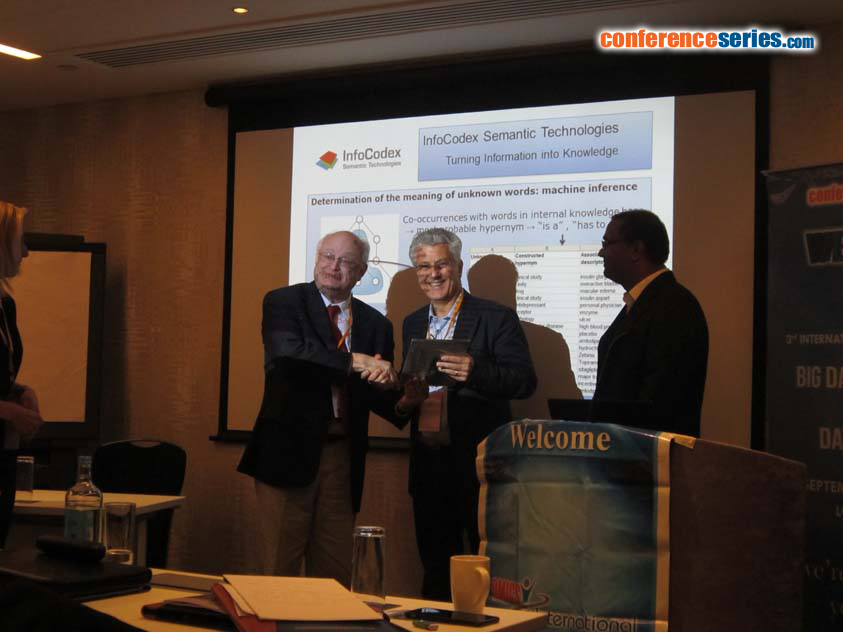
Thomas Sterling
Indiana University, USA
Title: Alignment and convergence of knowledge discovery and HPC
Biography
Biography: Thomas Sterling
Abstract
Data analytics in its many forms has rapidly expanded to engage scientific, industrial, and societal application domains. But as more problem spaces yield to this expanding genre of computing, the demand for capabilities is expanding. Simultaneously, high performance computing (HPC) systems and methods is experiencing significant change in form and function with the asymptotic convergence with nano-scale semiconductor feature size and the end of Moore’s law even with exascale performance anticipated in the early years of the next decade. Historically these two processing domains have been largely independent but now a growing consensus is driving them together, aligning their respective modalities and catalyzing a synergistic convergence. A major premise of US Presidential Executive Order leading to the National Strategic Computing Initiative stipulates that the merger of big data and numeric intensive computing be a constituent of national exascale charter. This presentation will describe the significant shift in system architecture and operational methodologies that will be required to simultaneously respond to the challenges of the end of Moore’s law and the graph processing approaches, potentially dynamic that will augment the more conventional matrix-vector oriented computation. It will discuss the likely importance of dynamic adaptive resource management and task scheduling essential to dramatic improvements in scalability and efficiency for exascale computing and how these changes will be applied to knowledge discovery.



